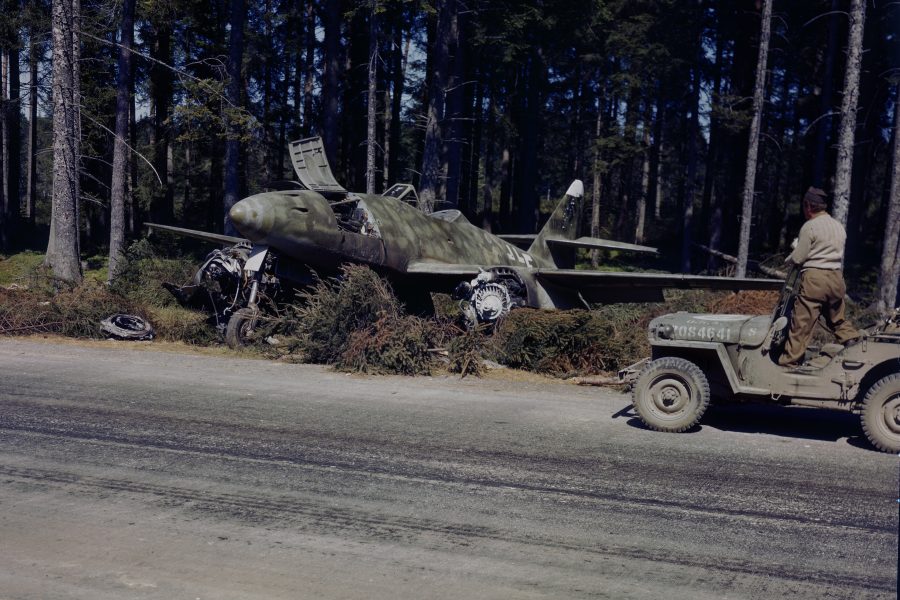Air Force Chief of Staff Gen. David W. Allvin wants Airmen to read up on the history of airpower failures and military decision-making to better prepare for the next conflict and learn how to harness artificial intelligence effectively and ethically, among other new updates to his Leadership Library.
Allvin has framed the current transformation of the Air Force as necessary in a “time of consequence” driven by the threat of China—a near-peer challenger that the U.S. has not seen since the end of the Cold War. The chief has four new additions to his list of books, films, podcasts, and papers—two books, one podcast episode, and an article—that touch on many of the themes he has highlighted in his first year as the Air Force’s top officer.
The latest Leadership Library update for Airmen released this month “aims to equip you with resources to deepen your understanding of the many facets of modern military leadership and provides the insights needed to navigate the complexities of the contemporary operational landscape,” Allvin wrote in a note to Airmen.
“Why Air Forces Fail: The Anatomy of Defeat” edited by Robin Higham and Stephen J. Harris
The book, edited by a pair of military historians, examines the failures of Russian, Polish, French, British, Italian, German, Argentine, and American air forces.
The parallels to modern challenges are notable. Allvin writes the book “provides invaluable insights into the importance of logistics, infrastructure, and proactive leadership. History shows that the decisions made today will dictate the readiness of tomorrow.”
The U.S. Air Force is pushing for significant investments in modernization and more realistic exercises. Russia has struggled in its war in Ukraine and failed to achieve air superiority early—or at any point thereafter—in the conflict, a key failure driven in part by a military doctrine that subordinated its air force to ground forces, according to U.S. officials and experts.
“As Airmen, understanding the historical underpinnings of Air Force successes and failures is crucial for informed strategic planning,” Allvin wrote of the work.
”Made to Stick: Why Some Ideas Survive and Others Die,” by Chip Heath and Dan Heath
The book, a New York Times bestseller, “offers powerful, practical strategies for ensuring our messages resonate, from simple and unexpected ideas to emotional and credible storytelling,” Allvin writes. Simply put, the success of a mission is more likely if communication surrounding it is clear, he writes.
“Conflict Occurs When Debate Fails,” Open to Debate
In a series of debates between experts arguing for and against positions, this podcast episode picked out by Allvin features retired Army Gen. David H. Petraeus and historian Andrew Roberts discussing their book “Conflict” which examines the evolution of warfare since World War II. The podcast “offers profound insights into the ethical and strategic dimensions of contemporary warfare, from nuclear deterrence to cyber threats, and misinformation. … Engaging with this resource will enhance your grasp of conflict resolution, leadership and the critical role of accountability in military decisions,” Allvin wrote.
“Embracing Gen AI at Work,” by H. James Wilson and Paul R. Daugherty
Finally, as the world rapidly embraces artificial intelligence—including the Air Force and the U.S. military at large—Allvin wants Airmen to use AI, but do so carefully.
“As we navigate the integration of artificial intelligence into our operations, equipping ourselves with the right skills is central to success,” Allvin wrote.
Through an article in the Harvard Business Review, the authors can teach Airmen about using “AI effectively through intelligent interrogation, judgment integration, and reciprocal apprenticing,” Allvin wrote. “I want each of you to be empowered to leverage emerging technology confidently and ethically,” the CSAF concluded.


